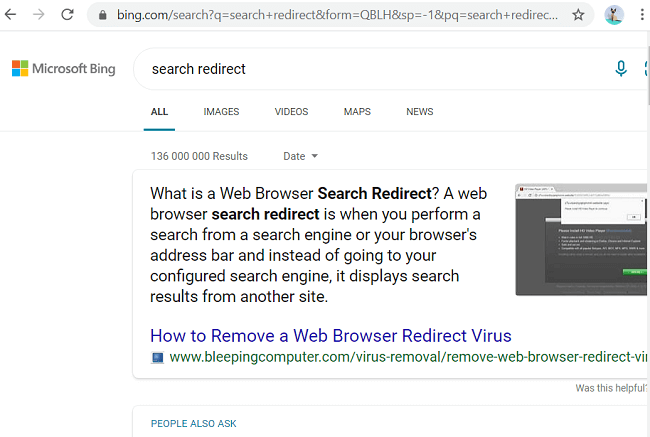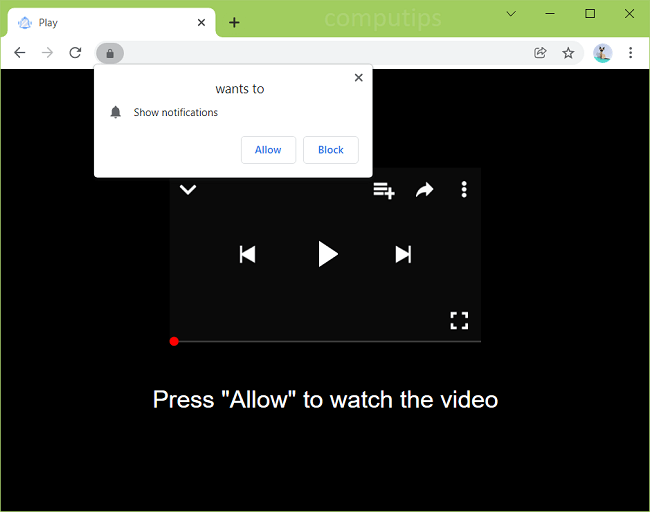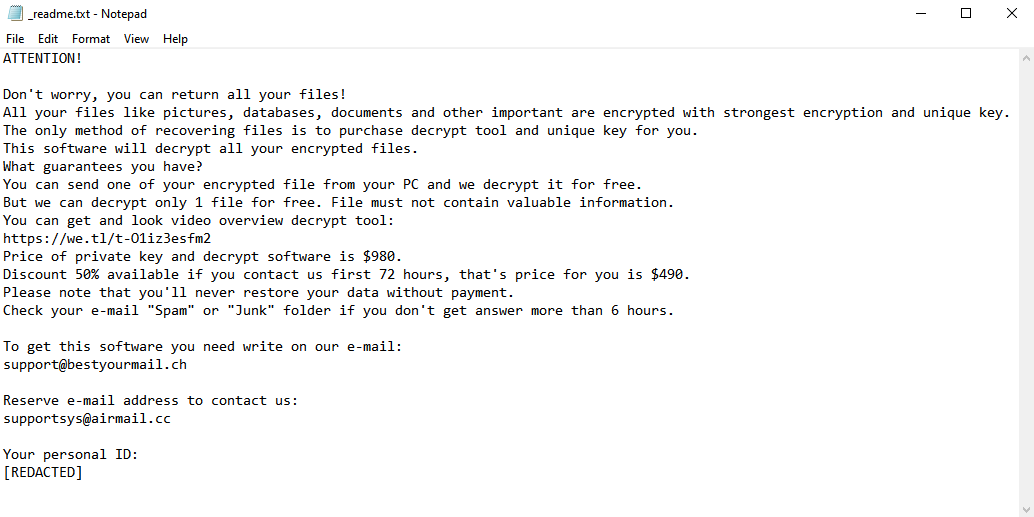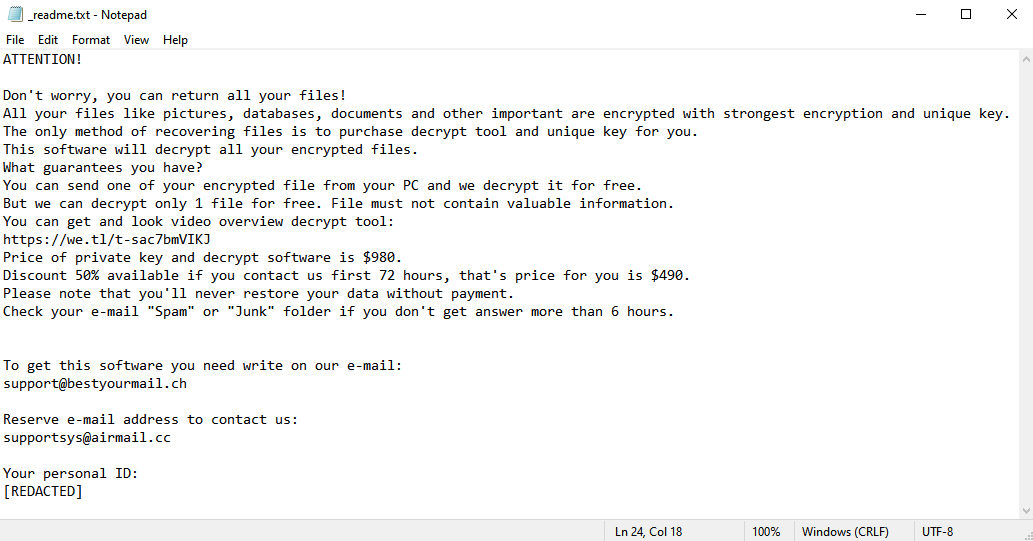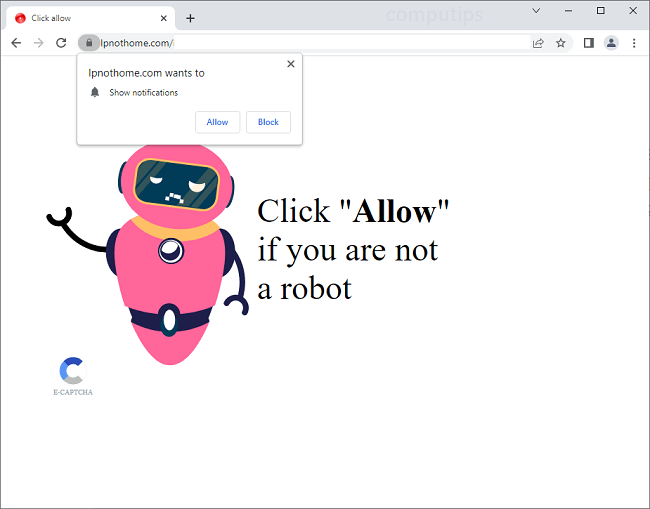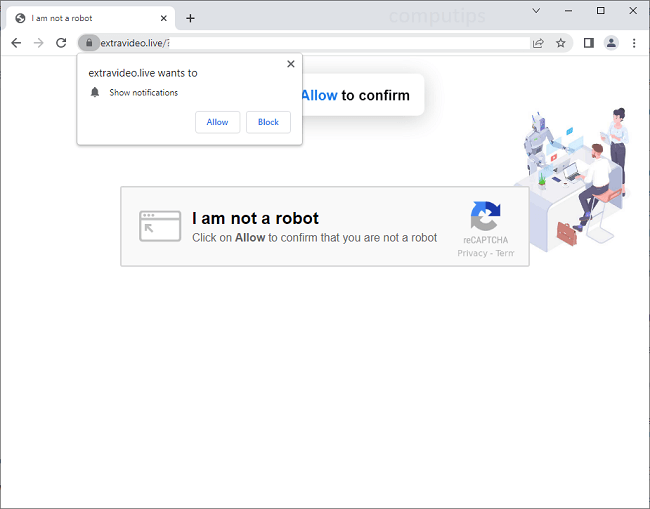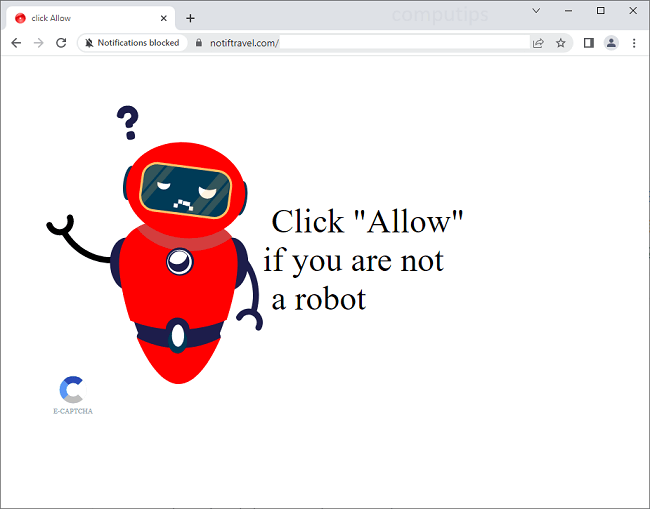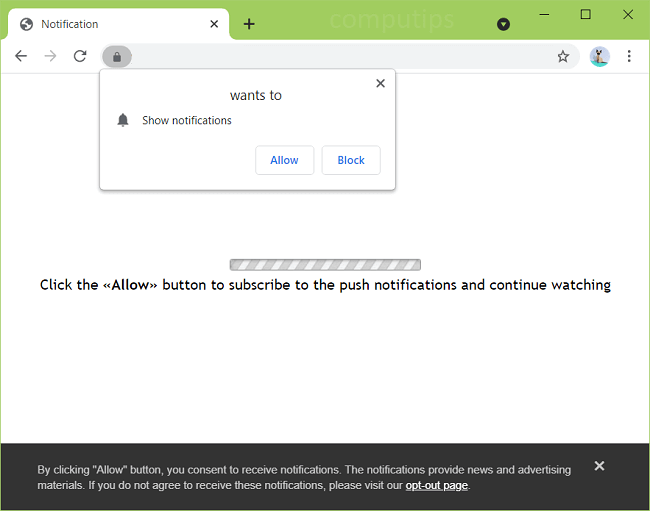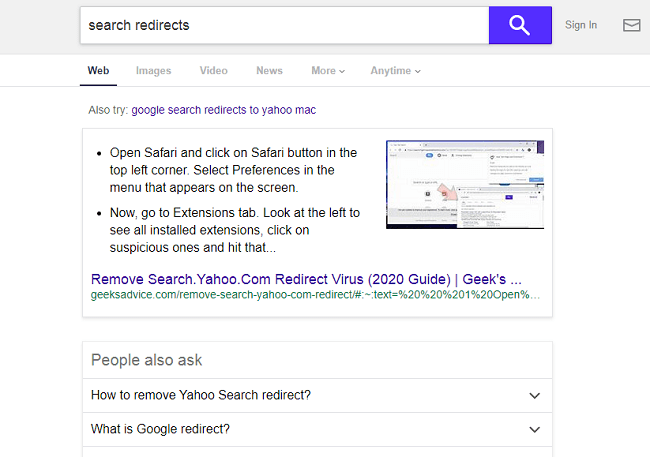What is Hhwq ransomware
Hhwq is a name given to an illegal money-making program. The way it generates money is by infecting a victim’s computer and encrypting all data on it, rendering it inaccessible. As many people have important files on their computer, this can be very harmful – ranging from sad, but relatively harmless loss of years worth of pictures, to catastrophic such as losing a thesis that needs to be submitted in a week. Hackers know this loss of data can be very serious, in fact they’re banking on it. For a fee, they offer to decrypt the files – which effectively means they’re holding the data of their victims hostage and are demanding a ransom. This is why this type of viruses is called ransomware.
Hhwq is a part of STOP/Djvu ransomware family, which means it is very similar to other viruses in it (compare Jhgn).
To communicate their demands, the hackers made Hhwq leave a ransom note on the victim’s desktop. It is named “_readme.txt” – you may read the full text of the note on the image above, if you so choose. One important highlight is that hackers demand $980 in ransom, or $490 if the victim pays promptly.
Files encrypted by Hhwq are given the .hhwq file extension. For example, a file named “cat.png” would be renamed “cat.png.hhwq”. This visibly shows the victim that something is wrong with their files.
This guide will explain how to remove Hhwq ransomware, and will help you decrypt .hhwq files.
